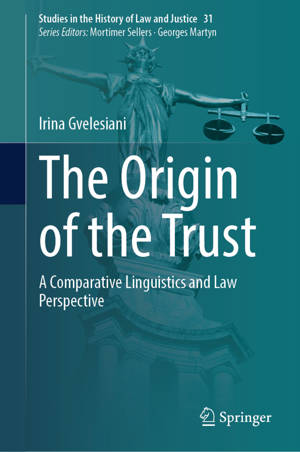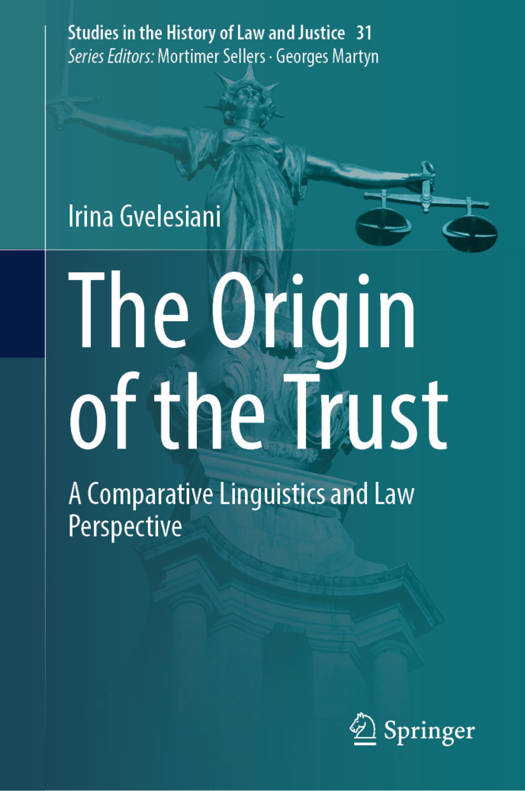
- Afhalen na 1 uur in een winkel met voorraad
- Gratis thuislevering in België
- Ruim aanbod met 7 miljoen producten
- Afhalen na 1 uur in een winkel met voorraad
- Gratis thuislevering in België
- Ruim aanbod met 7 miljoen producten
Omschrijving
This book offers an interdisciplinary approach that covers linguistics and jurisprudence, shows the interconnectedness of law and language, singles out major theories related to the emergence of the concept of trust and discusses them from the perspective of legal linguistics. Contemporary globalizing processes change the contours of different spheres of life. Against the backdrop of ongoing changes, an overall tendency emerges of the unifying and harmonizing legal systems. The dominance of American and English law firms fuels a broader worldwide circulation of Anglo-American legal concepts and instruments. Increasing contacts of non-trust jurisdictions with trustees and trust assets promote the use of trusts and trust-like devices in civil law jurisdictions. As a result, the interest towards the entrusting relationships increases.
The research in this book is based on the methods of descriptive and structural-semantic analyses. Emphasis is put on the interinfluence of the West Germanic languages and the laws of the Germanic tribes, the Salian Franks and the Anglo-Saxons. The book consults selected Franconian manuscripts, lex salica and lex ripuaria, and dictionaries for the study and interpretation of the trust-related lexical units. The results of the research shed a new light on the origin of the common law trust and its predecessor use.
The book is intended for legal linguists, lawyers, legal practitioners, legal historians and for researchers and students in the fields of trust law, legal linguistics, and legal history.
Specificaties
Betrokkenen
- Auteur(s):
- Uitgeverij:
Inhoud
- Aantal bladzijden:
- 116
- Taal:
- Engels
- Reeks:
- Reeksnummer:
- nr. 31
Eigenschappen
- Productcode (EAN):
- 9783031690266
- Verschijningsdatum:
- 20/09/2024
- Uitvoering:
- Hardcover
- Formaat:
- Genaaid
- Afmetingen:
- 142 mm x 226 mm
- Gewicht:
- 340 g

Alleen bij Standaard Boekhandel
Beoordelingen
We publiceren alleen reviews die voldoen aan de voorwaarden voor reviews. Bekijk onze voorwaarden voor reviews.












